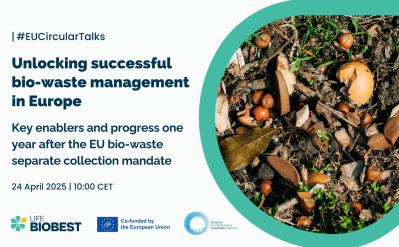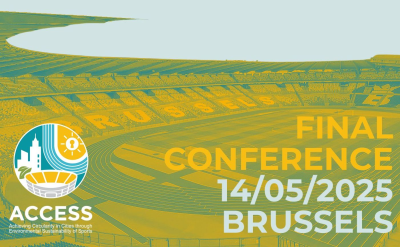Events calendar

Funding innovation through public procurement
For many small and medium sized companies, the cost of engaging and participating in innovation procurement can be high, and thus participation can feel risky. But for the companies that take the chance, there is great potential to get a first contract for their innovative solutions. However, an important factor for this to happen is that there are procuring authorities who understand that they can use their own demand as a driving force for innovation. But even so, how do you get involved as a company and how can you afford to develop products when the need of the buyer is not decided?
In this webinar, Ms Carolin Maule from Compare presented how an innovation procurement can be designed in a way that optimizes the benefit for both the procuring authority as well as the participating companies by using remuneration of the participating companies as an incentive. In this way, not only the winning company is a winner, but all companies involved also get the chance to develop products for an existing need, while at the same time, receiving some remuneration.
Recording
This training module is the last of a total of five that have been arranged within the framework of the BRINC-project. The target group for these trainings are small and medium-sized companies. All training opportunities (stand-alone modules) cover different aspects of Public Procurement. The webinars were held in English and no prior knowledge is required. To listen to the previous training modules, follow the links below:
- From idea to product with the help of public authorities
- What is Public Procurement? Learn how to navigate within Public Procurement
- Public procurement – Also for small companies?
- Intellectual Property Rights and Innovation Procurement.
The BRINC - Brokering cross-border innovation through clusters project brings together Public Authorities (PAs), who are looking for circular solutions, with companies. In this way, the PAs gain knowledge about which products and solutions the companies can offer, and/or the insight that their needs can be met in ways that they were previously unaware of.
The BRINC project is co-funded by the European Union's COSME program (Competitiveness of SMEs).






